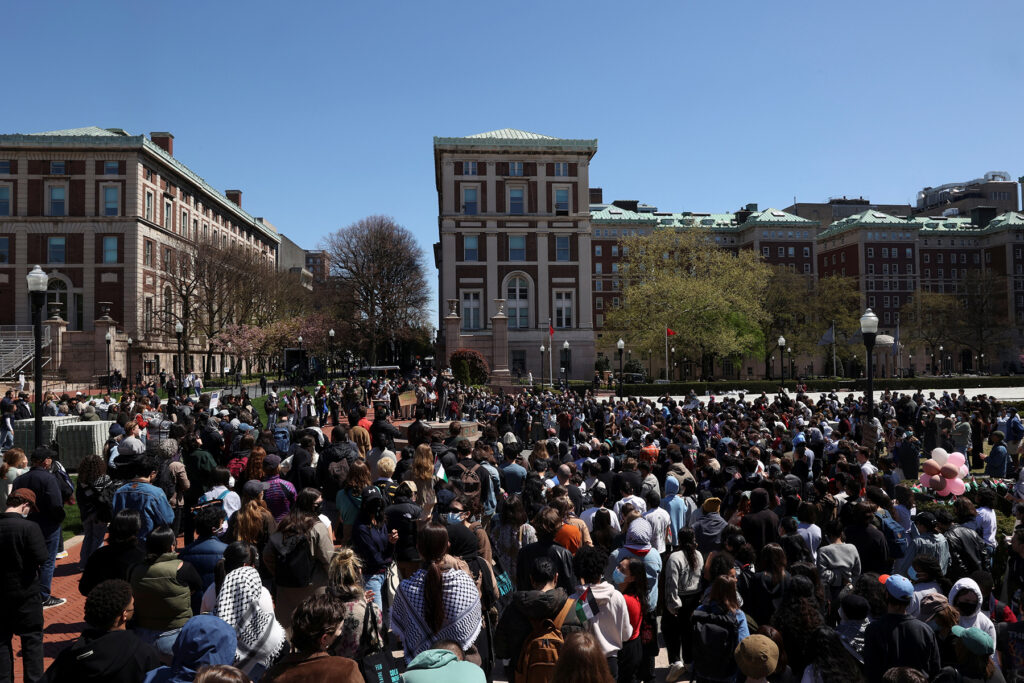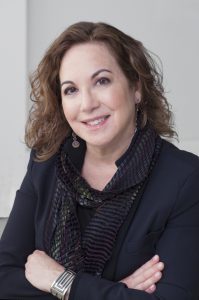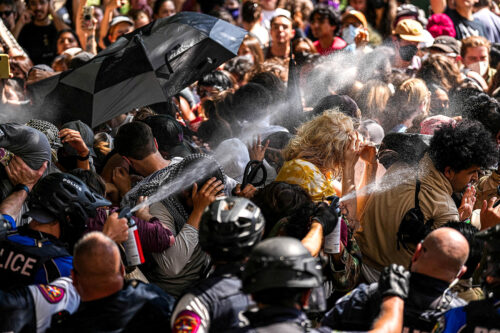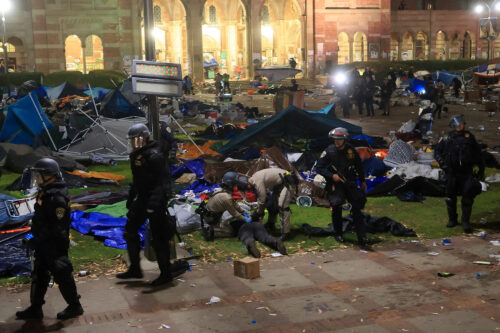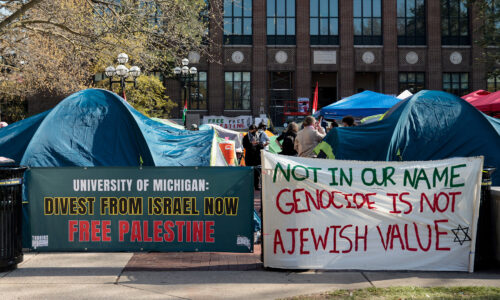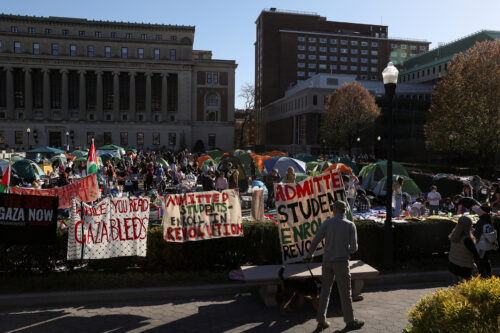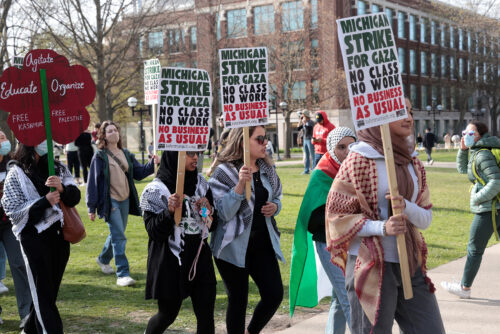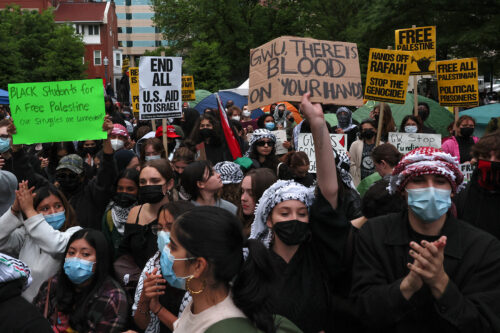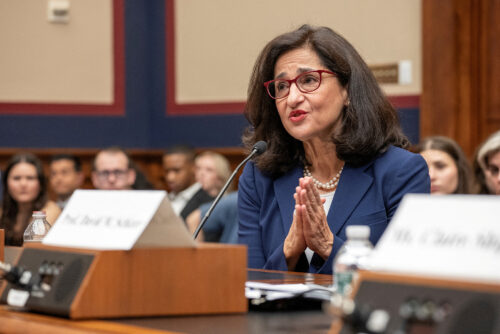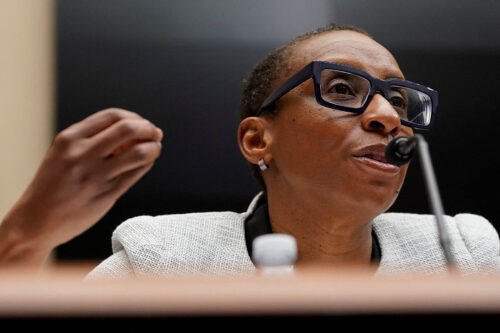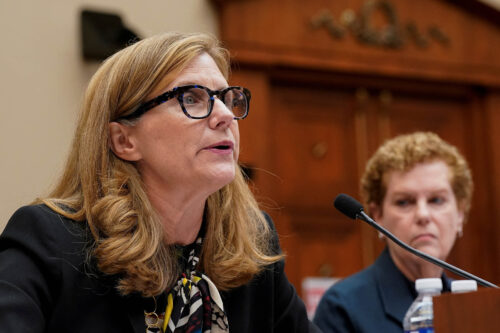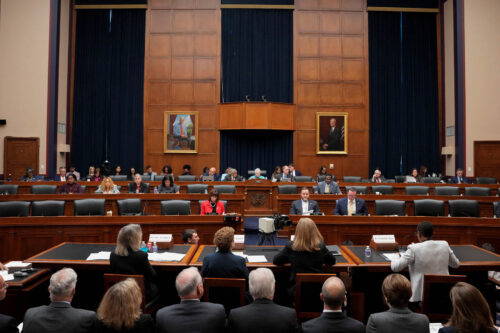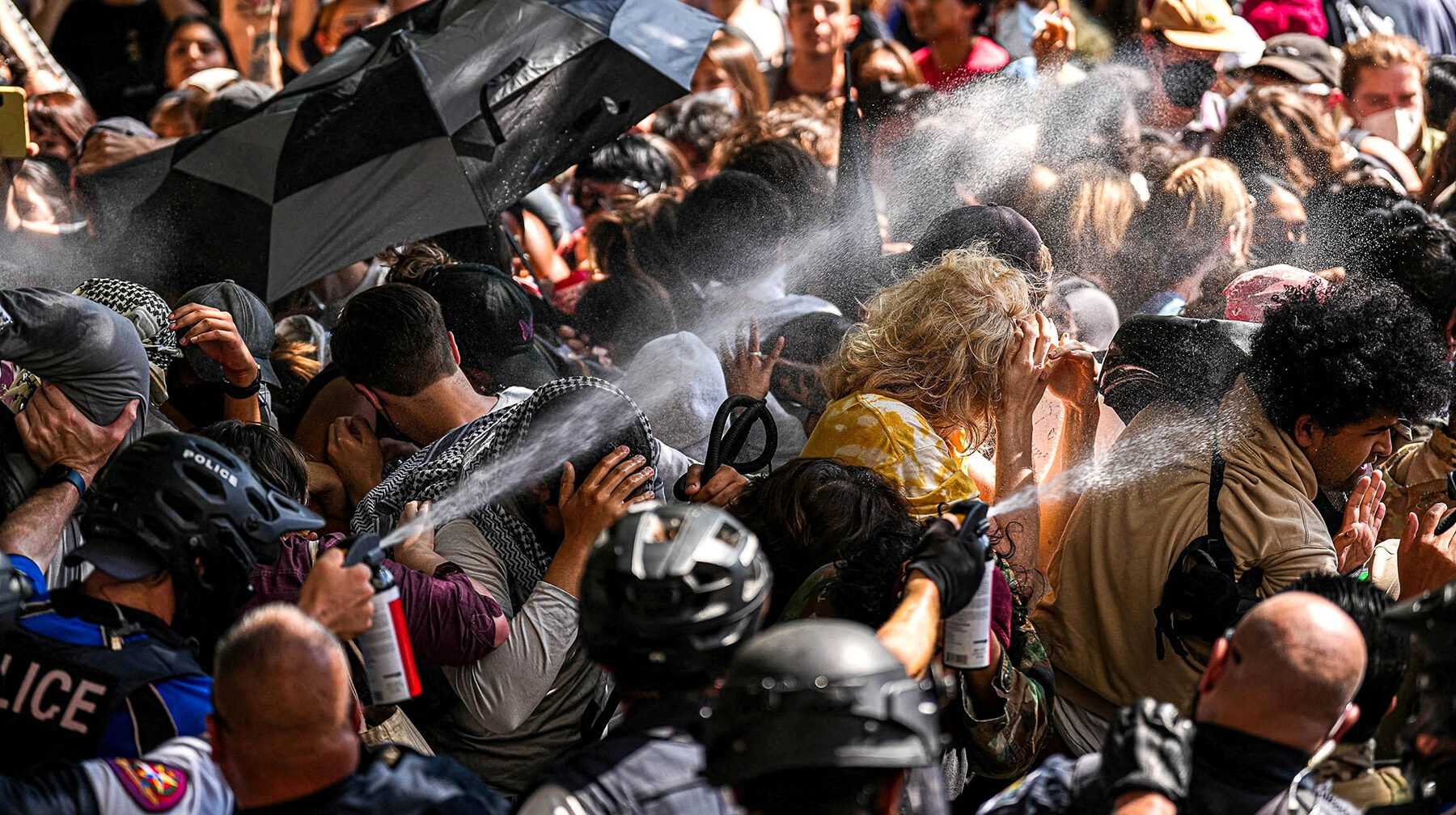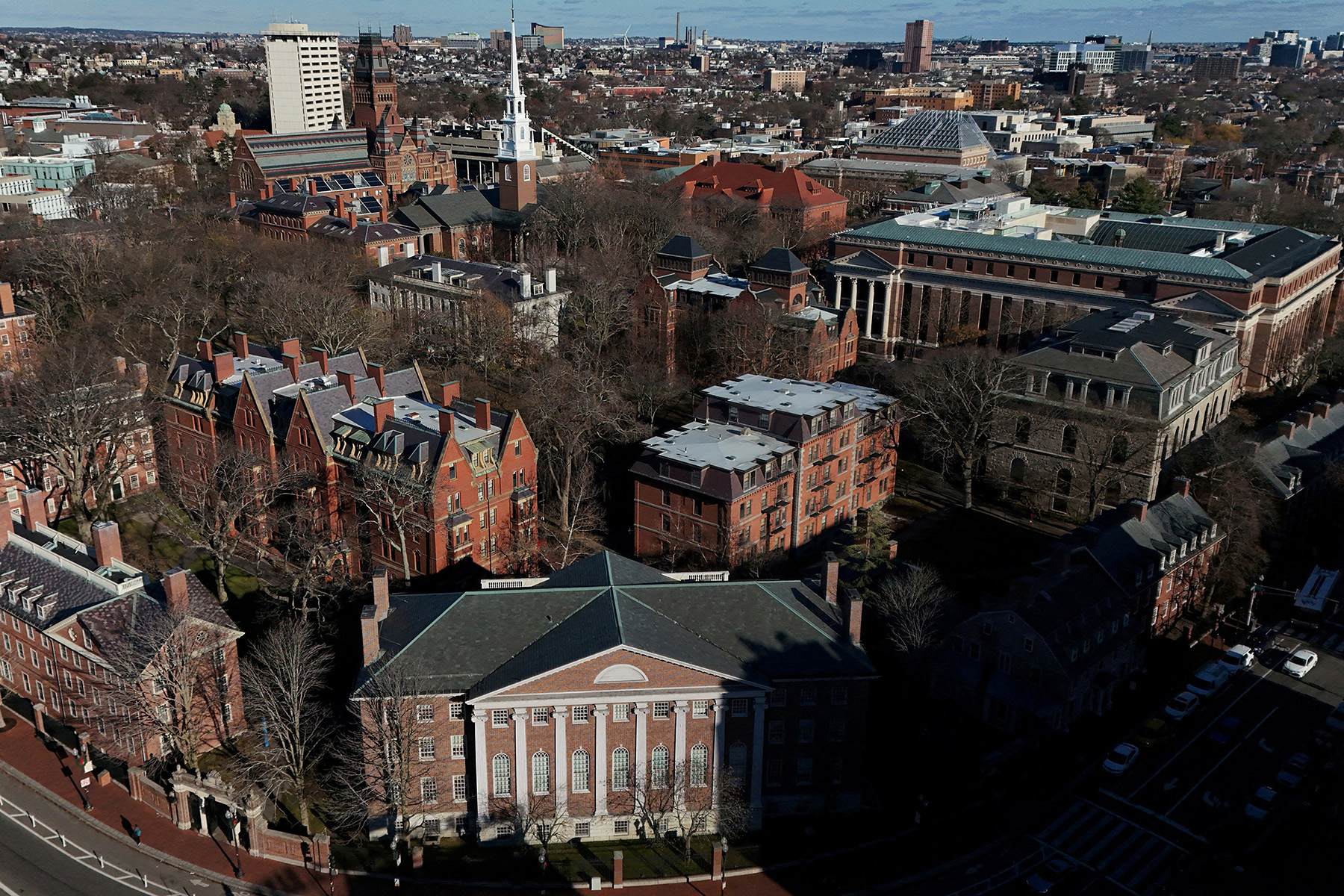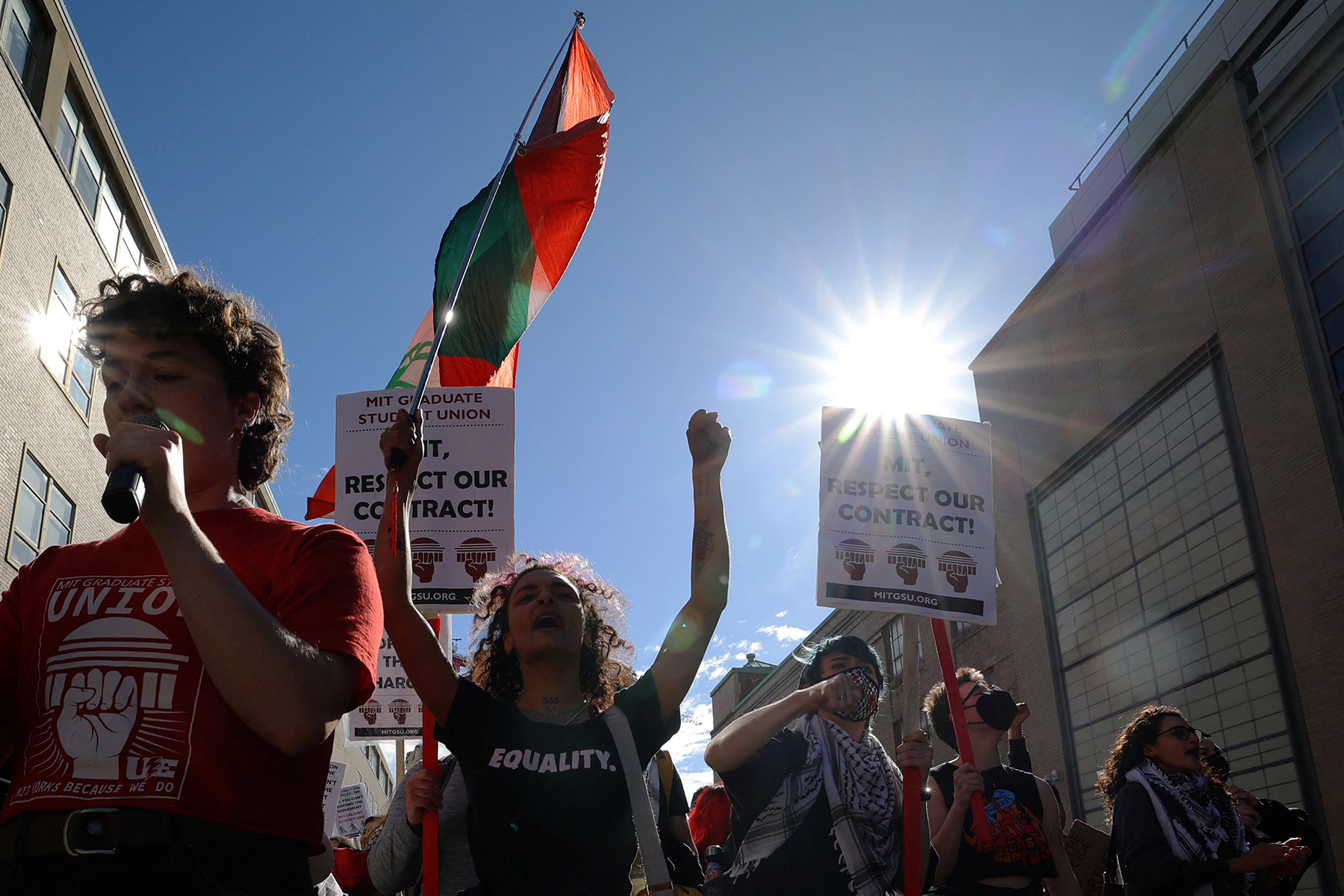Since the beginning of the Israel-Hamas war, colleges and universities across the country have been embroiled in conflict, with demonstrations from pro-Palestinian and pro-Israeli groups bringing campus tensions to new heights. Some school leaders have been accused of failing to adequately protect their students from bigotry, highlighting conflicts between free speech principles and university codes of conduct.
The explosive and tumultuous campus environments brought top campus officials and other educational administrators across the country under scrutiny, with Congress’ House Education and Workforce subcommittee holding a series of hearings on antisemitism.
- In December, the presidents of Harvard University, the University of Pennsylvania and the Massachusetts Institute of Technology (MIT) faced national backlash over testimonies they gave at a congressional hearing, in which they did not unequivocally state whether calls for the genocide of Jews would violate their universities’ codes of conduct. UPenn President Liz Magill resigned days after her testimony. Harvard President Claudine Gay also ultimately resigned from her post, after the controversy led to a probe of her academic record and accusations of plagiarism.
- In April, Columbia University’s then-president Nemat Shafik also testified before Congress, in which she strongly refuted claims that she allowed the campus to become a “hotbed of bias.” In August, she resigned.
- In May, presidents of Rutgers and Northwestern University, and the University of California, Los Angeles, were also brought before Congress to defend their decisions to remove pro-Palestinian tent encampments on their campuses.
- Also in May, New York City Public Schools, the Berkeley Unified School District in California and the Montgomery County Public Schools in Maryland were questioned before Congress on whether they allow antisemitism.
Several Jewish students from MIT and Harvard filed lawsuits in federal court against the universities, claiming they had tolerated antisemitism. The U.S. Education Department investigated the University of Michigan and the City of New York, finding they did not “adequately investigate complaints about antisemitic or anti-Palestinian harassment linked to campus protests.”
More than 3,500 people have been arrested on college and university campuses since April 18, when Columbia University students set up the first encampment in the country, kickstarting a national movement.
All of this has reignited concerns over free speech rights on campus.
In an interview with First Amendment Watch, The George Washington University School of Law Professor Catherine Ross discusses the important questions that university officials and students should be considering this semester. Ross explains the differences between student speech rights on public versus private campuses, weighs the pros and cons of institutional neutrality, and asserts the importance of having well-crafted rules in place before demonstrations begin.
Editor’s note: This interview has been edited and condensed for length and clarity.
FAW: What are your thoughts on the handling of the campus protests last semester? Are there universities that you think handled protests especially well or especially badly?
CR: This was an exceptionally difficult set of occurrences, because if you look at it purely from a First Amendment lens, and I’d like to start that way, there were issues about speech and there were issues about conduct. And to the extent that universities were regulating and punishing conduct, such as spray painting buildings, blocking entrance to buildings, occupying buildings, That is not a First Amendment problem, because the First Amendment distinguishes between conduct — including conduct that is imbued with communicative elements, although that’s more protected than if it has no communication — and pure speech. I think that a lot of universities did not pay sufficient attention to or articulate well what that distinction is. So if the conduct was not regulated based on its viewpoint, there was no problem from a First Amendment point of view, with punishing or breaking up large groups and encampments. And one of the things that made this problematic was that the universities were not clear about what they were doing, what rules they were applying, and many of them shifted gears. So they would say “We are punishing,” then “We aren’t punishing.” And that sent a very unclear message to students who were looking forward and thinking about what they might want to do in the future. Whether it be the immediate future or the next semester.
